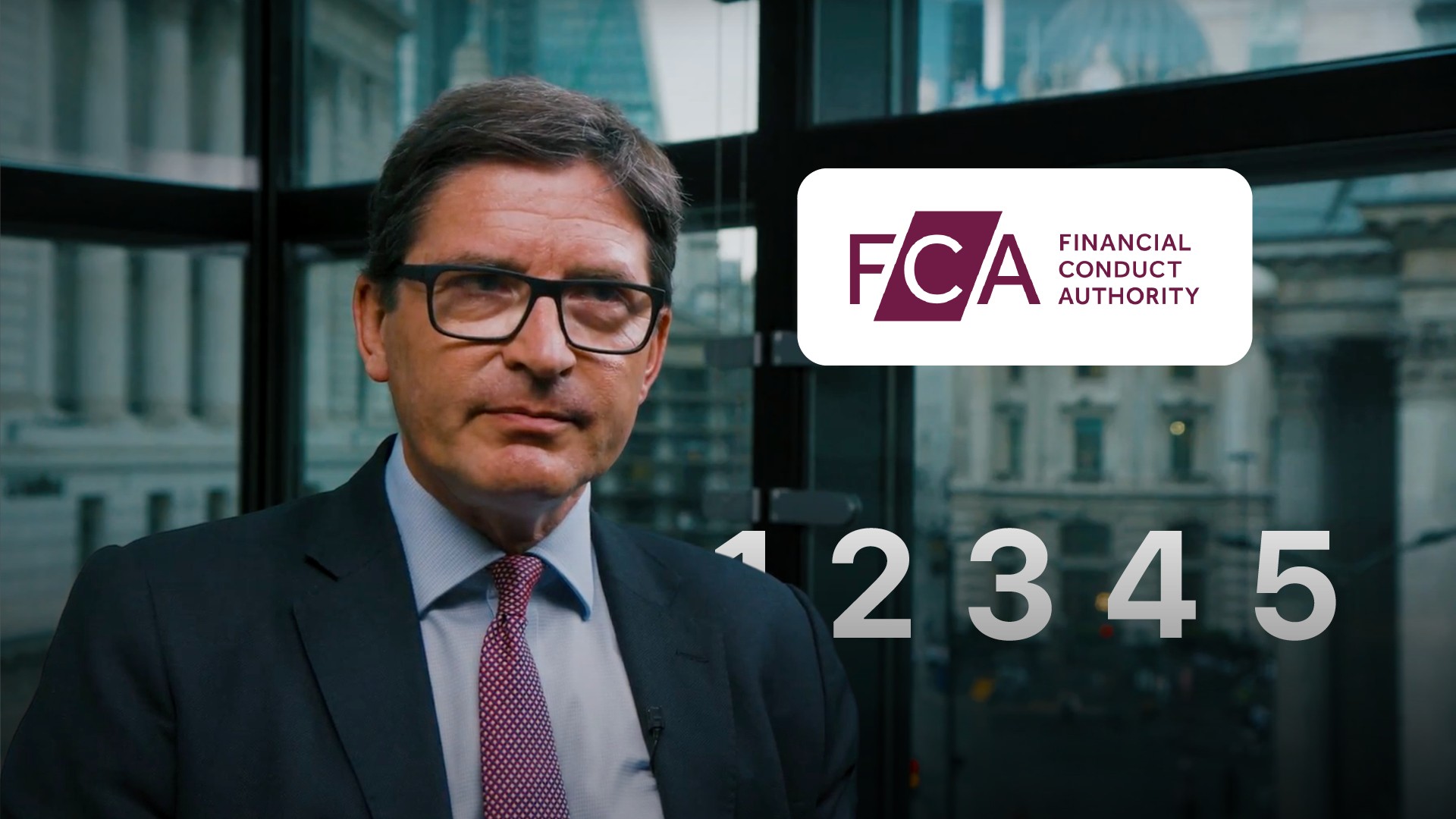
The UK FCA's Original 5 Conduct Questions

Roger Miles
25 years: Behavoural science & conduct
Regulators are serious about checking on how you behave at work. As a result, they will likely come and meet you, at your workplace, to ask a set of conduct questions to assess how you behave towards your colleagues and customers. Roger lists the five basic conduct questions that the British regulator uses, and unpackages the technical jargon, to prepare you for your next conduct inspector visit.
Regulators are serious about checking on how you behave at work. As a result, they will likely come and meet you, at your workplace, to ask a set of conduct questions to assess how you behave towards your colleagues and customers. Roger lists the five basic conduct questions that the British regulator uses, and unpackages the technical jargon, to prepare you for your next conduct inspector visit.
Subscribe to watch
Access this and all of the content on our platform by signing up for a 7-day free trial.

The UK FCA's Original 5 Conduct Questions
20 mins 56 secs
Key learning objectives:
Define biases and explain when they occur
Describe the Proxy-behaviour measures
Outline the 5 main Conduct Questions, and understand their simplified versions
Overview:
In the UK, behavioural regulation is led by the Financial Conduct Authority with its SMCR programme. Conduct Regulators aim is to measure how CEOs, managers and other employees interact with each other and how they treat their clients or customers. This is achieved through 5 key questions.
Subscribe to watch
Access this and all of the content on our platform by signing up for a 7-day free trial.
What are Biases?
These are tricks that our animal brain plays on our rational brain, which disrupts rational decision making.
Why do biases happen?
- When there is too much information for our brain to assimilate
- When the information is incomplete, so we skip over or fill in any gaps in meaning
- When we don’t have enough time to make sense of something, so we jump to conclusions
- When our memory fails, so we generalise or latch on to selected details only
What are the Proxy behaviour measures?
A conduct regulator is very likely to come and visit you at your workplace. Here they will use ‘proxy or arms-length indicators’ that give a rough reading on how people behave within your firm. A few of these include:
- How long do people stay? - If you have a high staff turnover, this is not a good sign
- How diligently do people attend in-house training courses?
- How quickly and how well do you respond to complaints?
What are the UK’s 5 original Conduct questions?
2019 Version:
- What proactive steps do you take as a firm to identify the conduct risks inherent within your business?
- How do you encourage the individuals who work in the front, middle, back office, control and support functions, to feel and be responsible for managing the conduct of their business?
- What support does the firm put in place to enable those who work for it to improve the conduct of their business or function?
- How does the Board and Executive Committee gain oversight of the conduct of business within their organisation and equally importantly, how does the Board or ExCo consider the conduct implications of the strategic decisions that they make?
- Has the firm assessed whether there are any other activities that it undertakes that could undermine strategies put in place to improve conduct?
How can these questions be simplified for the firm?
- What do I do to check if anyone is misbehaving in our business?
- As managers, how do we encourage ourselves to feel and be responsible for us all behaving well?
- Am I comfortable looking to the firm to support me, or anyone else, to drive out bad behaviour?
- How do Senior leaders get a clear view of everyone’s behaviour, and reflect on how their decisions have wider consequences, in and beyond the firm?
- Am I happy to call out anything I see us doing that detracts from our initiatives for good conduct?
Subscribe to watch
Access this and all of the content on our platform by signing up for a 7-day free trial.

Roger Miles
There are no available Videos from "Roger Miles"



























